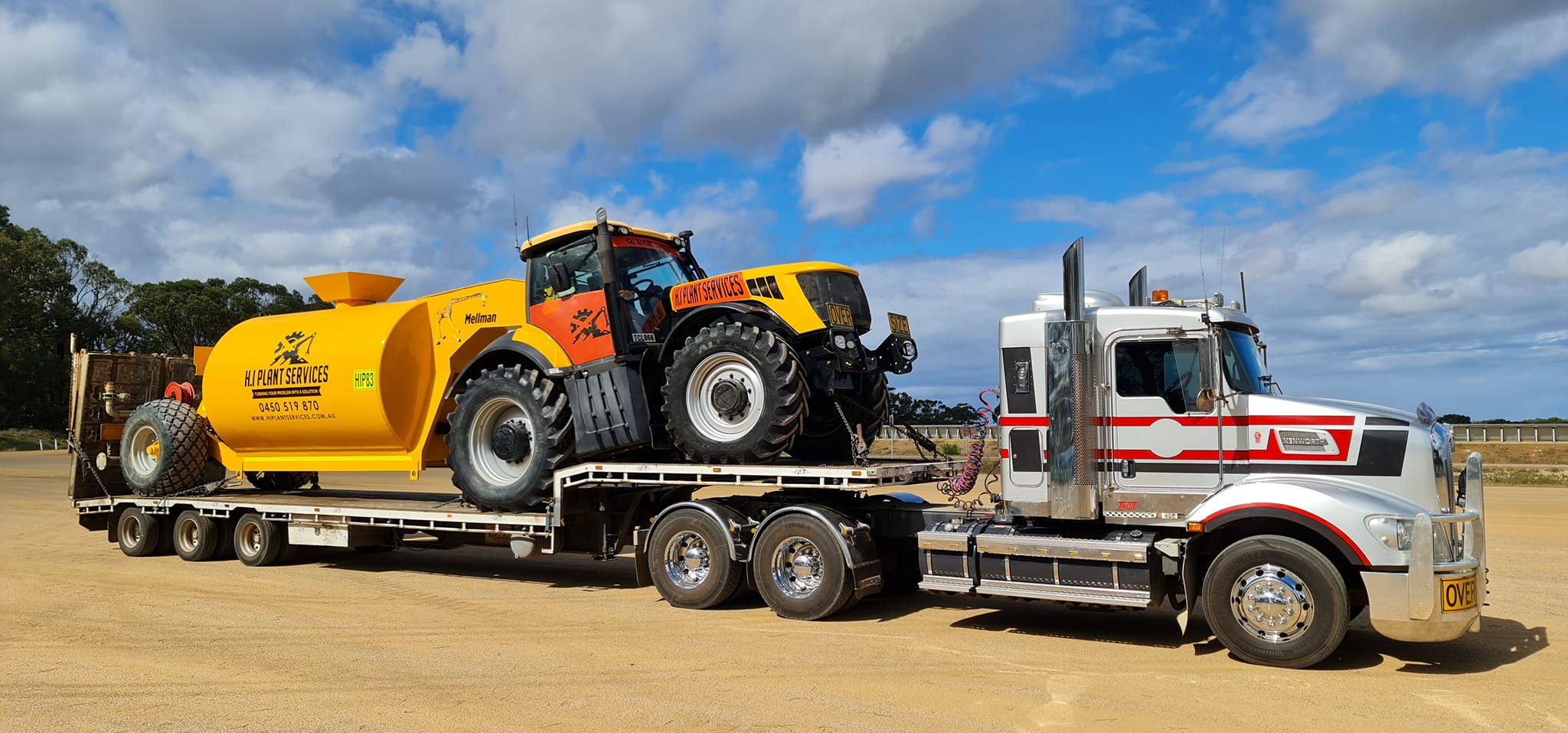Why renting heavy machinery is better than owning?
Why hire construction equipment? is a simple question to answer: you will save money, have access to the most up-to-date equipment, and will never have to worry about tedious maintenance concerns. While purchasing machinery may make sense for bigger businesses with ample funding, many small to medium-sized businesses might profit in a number of ways by renting as opposed to purchasing. The cost of acquiring equipment is on the rise, and an unstable market has compelled businesses to look for any available means of cost reduction. These factors are only a few of the major factors driving the expansion of equipment rentals. Some of the principal motives for which businesses rent are as follows:
- Avoid the upfront costs of purchases
New construction equipment is quite expensive and might have a significant negative influence on your company’s budget. Additionally, investing in equipment is a long-term commitment that restricts you to specific pieces of equipment. Renting or leasing equipment helps firms to better allocate their funds by avoiding the upfront expenditures associated with purchase. - Costless Depreciation
When you own machinery, depreciation charges add up quickly. In addition to your initial purchase, maintenance and reselling equipment takes a considerable additional expenditure. It becomes increasingly challenging to recoup the cost of your initial investment as value continues to decline. Although every business is different, you might want to think about renting construction equipment to prevent depreciation losses. - Reduce Long-Term Costs
Many times, businesses employ maintenance teams or equipment consultants that are responsible for the routine repair and servicing of the machinery, which is essential for error-free functioning. Fluid and hydraulic systems need to be inspected by mechanics, regular maintenance must be performed, components must be changed, technology must be updated, leaks might occasionally occur, and scheduling for operation and transportation offer difficulties. The cost of maintenance and servicing in private ownership often tends to be less predictable, whereas leasing rates may be estimated. Even just one piece of heavy machinery requires a lot of management, much alone a small or large fleet. When you rent, other people are in charge of things like fluid inspections, servicing, maintenance, hours count, timetables, testing, components, and depreciation. Letting the experts at a rental business manage some of those details is not only simpler, but it also often frees up your important time and results in cost savings


